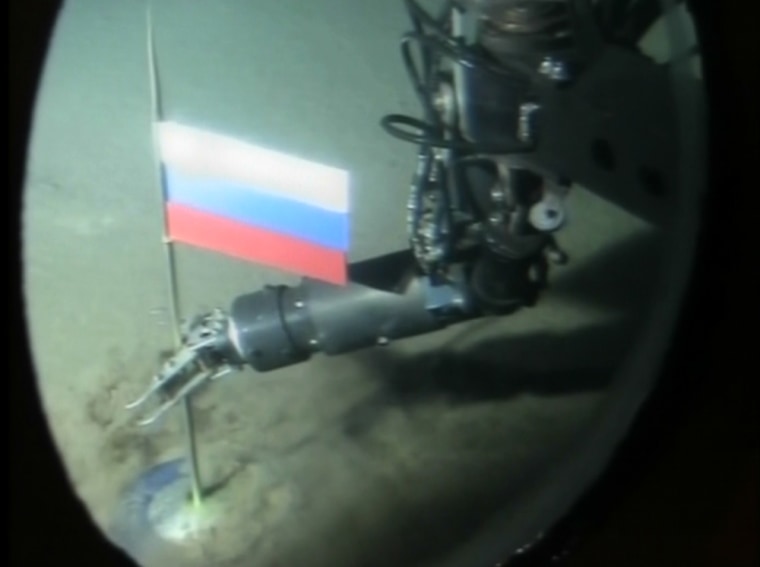The European Union's executive body said Thursday that the bloc should try to obtain its fair share of oil, gas, minerals and fish exposed by the melting of the Arctic ice cap.
The move is likely to irk Russia, Canada, the United States and Norway, which are issuing new territorial claims in the polar region.
The European Commission said the 27-nation union, which has three member states in the polar region — Denmark, Finland and Sweden — should particularly get involved in offshore oil and gas exploitation. Denmark controls the semiautonomous territory of Greenland.
The melting of polar ice due to global warming is opening new shipping lanes and exposing valuable natural resources.
EU External Relations Commissioner Benita Ferrero Waldner said that any EU moves in the region should "keep the right balance between the priority goal of preserving the environment and the need for sustainable use of natural resources."
Danish officials are gathering scientific evidence to show that the Lomonosov Ridge, a 1,240-mile underwater mountain range, is attached to Greenland, making it a geological extension of the island. Russia has also claimed rights to the ridge.
Russia and Canada have also held recent military exercises in the Arctic.
Russia last year sent two small submarines to plant a tiny national flag under the North Pole. Canada has announced plans to build a new army training center and a deep-water port in contested Arctic waters.
